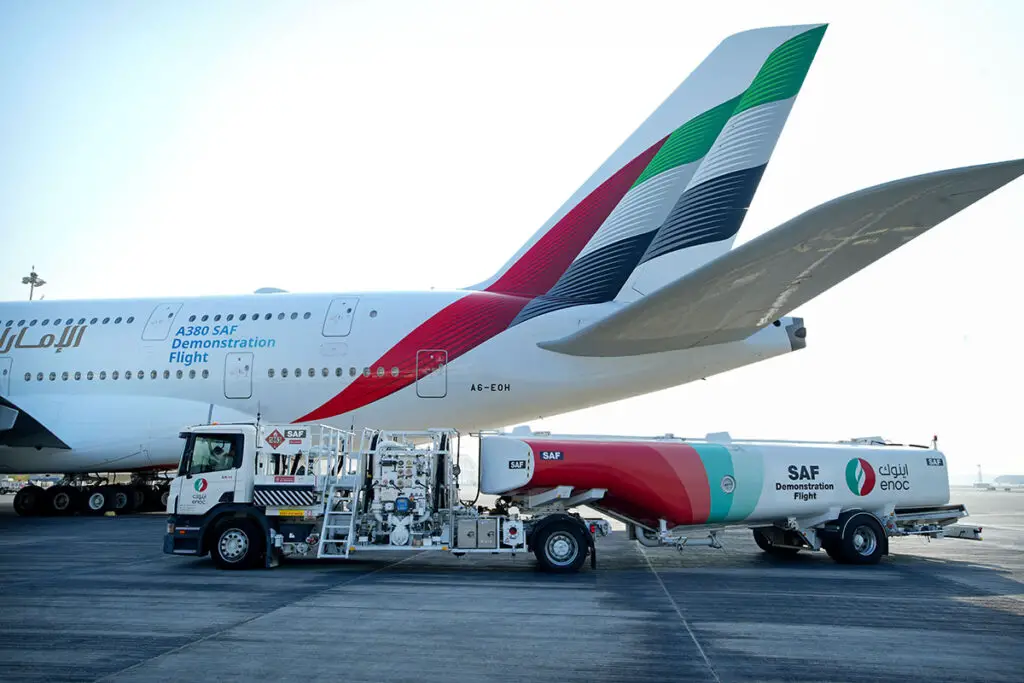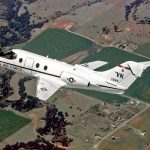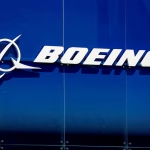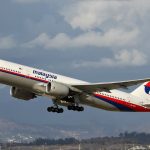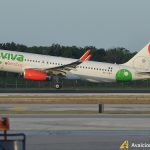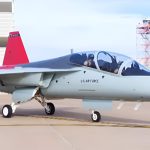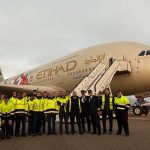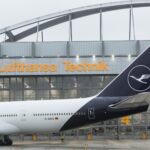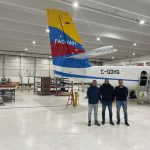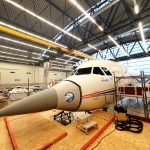Emirates has successfully completed the world’s first flight of an Airbus A380 using exclusively sustainable aviation fuel (SAF). The demonstration took off from Dubai International Airport (DBX) with one of its engines powered by SAF.
This milestone solidifies SAF as an immediate substitute for conventional fuel, meeting the rigorous technical and chemical requirements of aviation fuel. SAF has the potential to reduce carbon emissions by up to 85% compared to current fuels.
The test flight by Emirates complements the efforts of governments adopting strategies to support the production and increased use of SAF. Currently, commercial flights operate with a blend of up to 50% SAF.
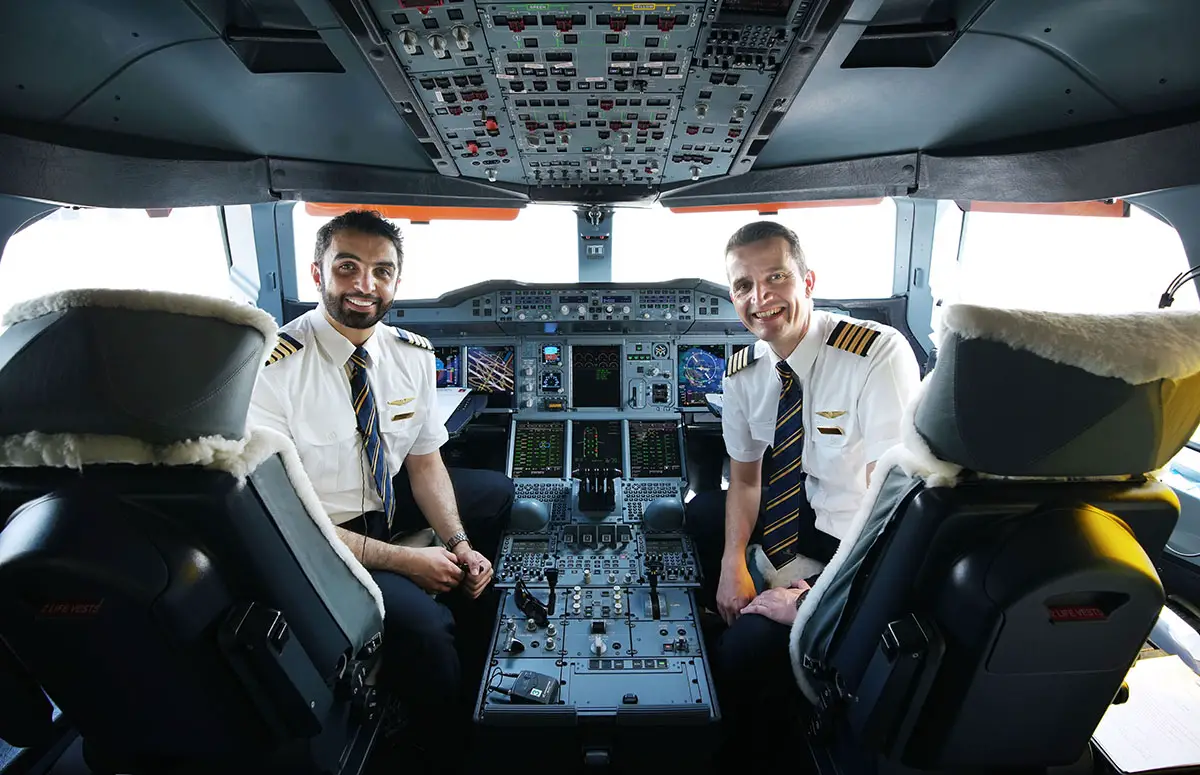
Adel Al Redha, Chief Operating Officer of Emirates, highlighted: «Emirates is the world’s first passenger airline to operate an A380 with 100% drop-in SAF in one of the four GP7200 engines from Engine Alliance. This is another moment of pride for Emirates and its partners as we move from words to actions with research and trials of higher SAF concentrations, ultimately leading to the industry’s adoption of a 100% SAF flight.»
Another step towards net carbon emissions
The demonstration flight of Emirates’ A380 coincides with the Third Conference of the International Civil Aviation Organization (ICAO) on Aviation and Alternative Fuels (CAAF/3) in Dubai, where industry leaders, international organizations, and regulators are gathered.
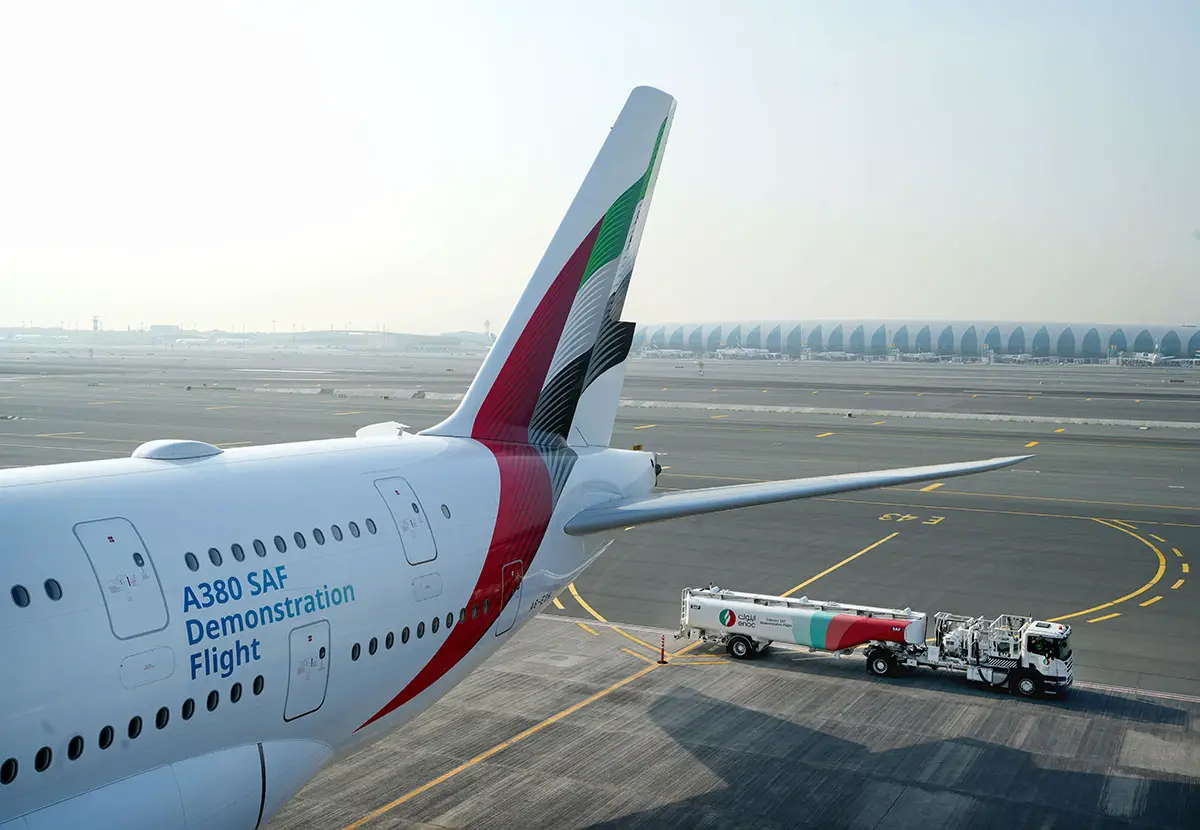
Specialized collaborators from Airbus, Engine Alliance, Pratt & Whitney, Neste, Virent, and ENOC have conducted tests, technical evaluations, and data analysis for this historic flight.
The 100% drop-in SAF used in the flight includes renewable aromatics and faithfully mimics the characteristics of conventional jet fuel. It’s the first time drop-in SAF is used in an A380, with the expectation of full compatibility with the aircraft’s existing systems.
«Innovation and collaboration are key to achieving net-zero carbon emissions by 2050, as demonstrated by this 100% SAF demonstration flight. GE Aerospace congratulates Emirates on this significant achievement, and we are proud to contribute to the industry’s efforts toward a more sustainable future,» stated Aziz Koleilat, Vice President of Global Sales and Marketing for the Middle East, Eastern Europe, and Turkey at GE Aerospace.
«Increasing the use of SAF is crucial to achieving the goal of net-zero carbon emissions for aviation, and we are dedicated to ensuring that all Pratt & Whitney engines and APU are compatible with current and future SAF specifications, up to 100%,» said Graham Webb, Director of Sustainability at Pratt & Whitney.
The flight carried four tons of SAF, composed of HEFA-SPK supplied by Neste (hydroprocessed esters and fatty acids paraffinic synthetic kerosene) and HDO-SAK from Virent (hydrodeoxygenated synthetic aromatic kerosene). ENOC assisted in obtaining pure SAF, composed of HEFA-SPK, and mixed it with sustainable aviation kerosene (SAK) at Dubai International Airport before the demonstration, also providing onboard services.
100% SAF was used in one GP7200 engine from Engine Alliance, while the other three used conventional aviation fuel. The Pratt & Whitney Canada PW980 Auxiliary Power Unit (APU) also operated with 100% SAF.

Previous advances and future initiatives
Earlier this year, Emirates successfully completed the first 100% SAF-powered demonstration flight in the region on a Boeing 777-300ER powered by GE90.
Last month, the first flights of Emirates using SAF supplied by Shell Aviation took off from Dubai International Airport (DXB). Shell supplied 315,000 gallons of blended SAF for use at the airline’s operations center in Dubai.
The airline has recently expanded its partnership with Neste for the supply of over 3 million gallons of blended SAF in 2024 and 2025 for flights departing from Amsterdam Schiphol and Singapore Changi airports.
Currently, Emirates supplies SAF in Norway and France, and the airline continues to explore opportunities to use SAF at various airports as supply becomes available.

